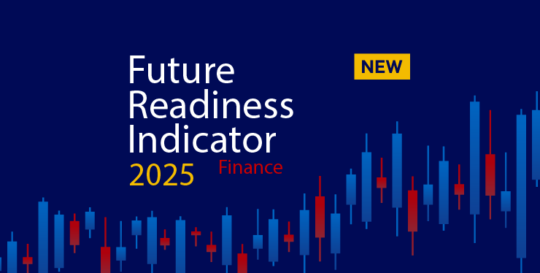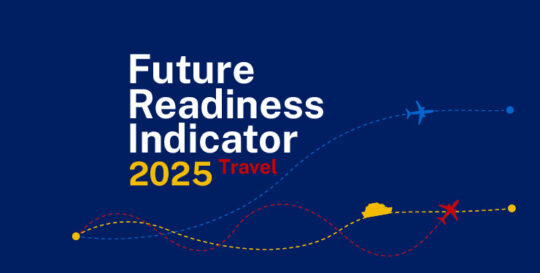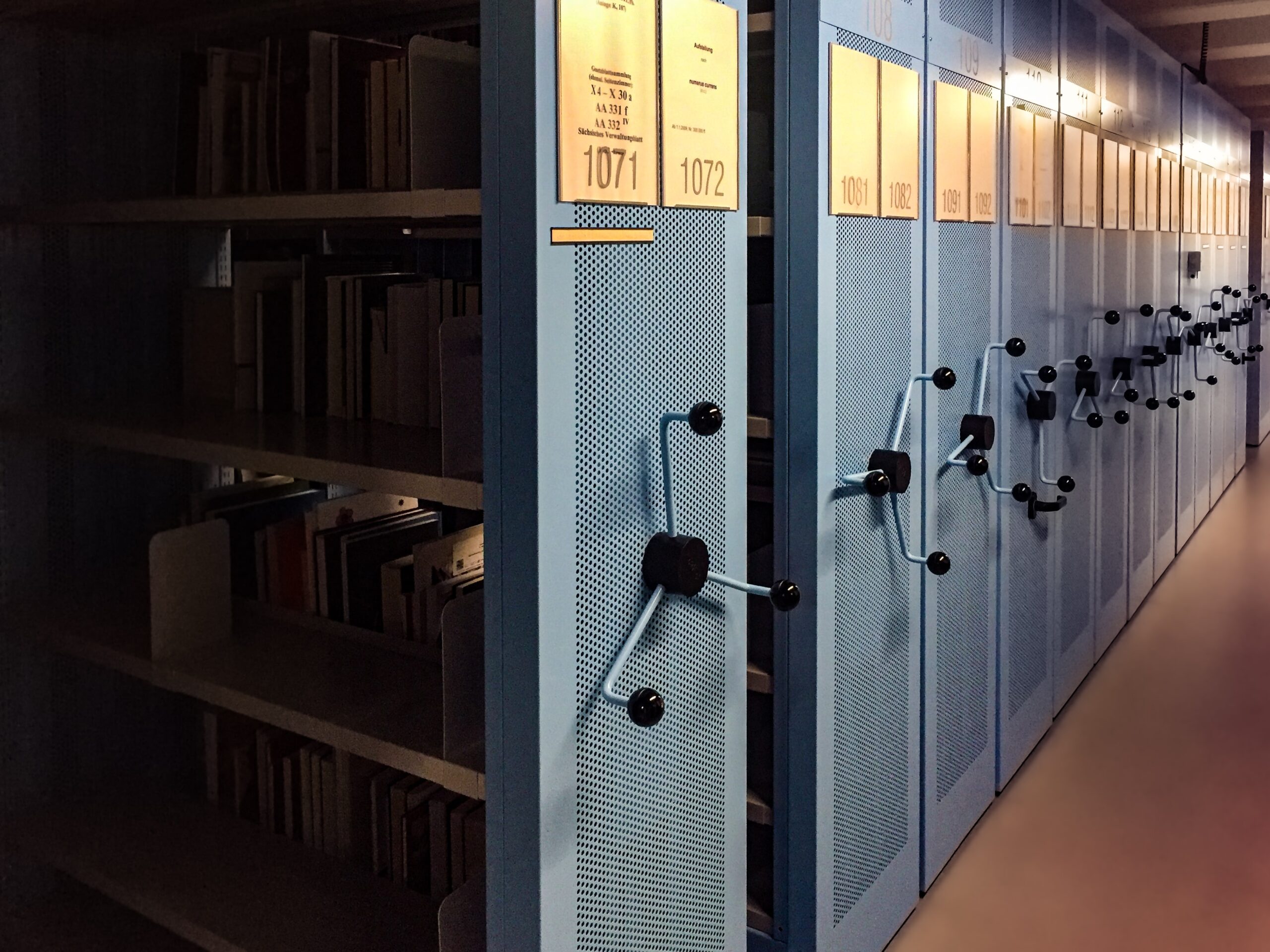IMD business school for management and leadership courses



Two Charts Show Presidential Productivity Doesn’t Depend on Early Rising
The myth of superhuman productivity, forget about the 5 a.m. alarm.
When the incoming president first arrived at the White House, he was overwhelmed.
So overwhelming was “the historical nature of the White House, occupied for the first time by our second president, John Adams,” wrote the late Jimmy Carter in his memoir. “When I see a desk or a writing cabinet or a book or a sideboard or a bed that was used by Thomas Jefferson or Abraham Lincoln,” Carter reflected, “… I have a feeling of almost unreality about my being president.”
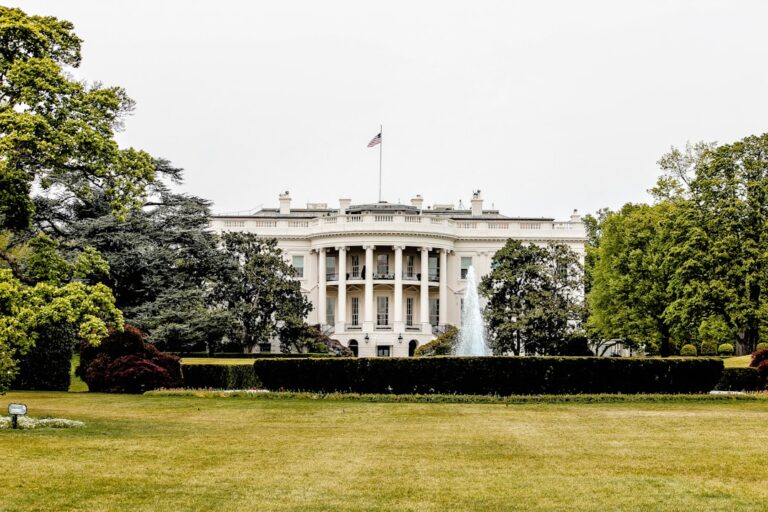
That overwhelming sentiment, I think, must be shared privately by every president. And how could it not be? When you stand before the weight of human history—its folly and its triumph—it inspires a sort of personal determination: “that I might live up to the historical precedents established by my predecessors,” as Carter wrote
Ambition vs. Reality: A President’s Struggle
Live up to the historical precedents. The promises made to oneself and to the public.
But isn’t it also true that whether you are president or a storekeeper, an accountant or a stay-at-home parent, we all have certain ideals we hold ourselves accountable for? The pain isn’t about whether the goal is ambitious enough. The pain comes when we cannot make our private goals happen.
So, all presidents work hard. They are constantly busy, cornered by agendas. They have no choice: a national tragedy that demands immediate attention, an international crisis that the country must step forward to address. These are the uncontrollable, urgent, and pressing matters. And decisions facing presidents are never easy.
“By definition, if it was an easily solvable problem, or even a modestly difficult but solvable problem, it would not reach me,” Barack Obama said. “Because, by definition, somebody else would have solved it. So the only decisions that came were the ones that were horrible and didn’t have a good solution.”
And yet, every president must also harbor their own personal agenda. A president cannot just be reactive. These personal agendas will define their legacy—never urgent but ultimately the most important.
For Obama, it was the Affordable Care Act. Whatever your political leaning, Obamacare has been gaining popularity in the past decade, and even hard-core market libertarians have a hard time developing a concrete proposal to replace it.
For Lyndon Johnson, it was signing the largest Civil Rights Act in American history, effectively ending the Jim Crow era in the South.
For John F. Kennedy, it was putting a man on the Moon.
These are the audacious agendas that are ultimately the most important, but at the time of pursuit, they’re not “urgent.” Even for Nixon, despite his Watergate disgrace, his foreign policy in establishing the first contact with China under Mao Zedong has been what the American people remember as “the week that changed the world.”
But isn’t that the same for us all?
If we only attend to urgent matters at the workplace—replying to emails, giving time to client meetings, attending events for our boss—letting urgent tasks swamp our whole day, what do we achieve for our personal agenda?
And so, the danger is that we cram our already busy day even busier.
We pride ourselves on having the stamina to soldier through life, with fewer enjoyable moments in the pursuit of our own goals. We tell ourselves it’s self-sacrifice in order to be effective.
But wait—it turns out, presidential work calendars reveal it doesn’t work that way.
Not at all.
The Morning Myth: What Really Matters
For a long time, I was obsessed with getting up early. I wanted to beat the sun in starting my day. Okay, it’s easier in the wintertime since the sun doesn’t come up until 7 a.m. these days in Europe. But seriously, I had read the book The 5 AM Club, and every day I wasn’t up by 5:30 a.m., I cursed myself.
Because Toni Morrison has inspired all of us: “The habit of getting up early, which I had formed when the children were young, now became my choice,” the Nobel laureate described how she would get up before 5 to write. “I am not very bright or very witty or very inventive after the sun goes down.”
Now, if a Nobel Prize winner does that to achieve greatness, who the heck am I to stay in bed until 7 o’clock? And my mind started beating the crap out of me.
Until I saw the following two charts by a political science professor at UC Irvine. Here’s what makes Beckmann’s research on presidential daily routines absolutely fascinating and credible. He spent over a decade meticulously analyzing 48 years of Presidential Daily Diaries—that’s over 75,000 pages of raw information.

This diary is the official, minute-by-minute record of the president’s activities, meetings, phone calls, and travel, meticulously maintained by a presidential diarist, who is an employee of the National Archives (NARA) rather than the White House staff.
Beckmann didn’t do the analysis alone; he had help from hundreds of students and former West Wing staffers who helped code and analyze.
Basically, it’s a time-detective project, looking at how each president lived their everyday life and allocated their time minute by minute.
And what a relief when I saw that the majority of the workdays among all presidents didn’t really start until 7! White House spokespersons may perpetuate the idea that presidents are superhuman, but their records reveal we are all human.
And when you look at what time they start work? It’s all over the place.
Carter started real early—by 6:30 a.m., he was cracking stuff out. The forever lionized Republican hero Ronald Reagan took a late start, much more leisurely at 9 a.m. Remember, there is no morning commute for the president; you get dressed at home and walk right across to the Oval Office. And JFK started even later.
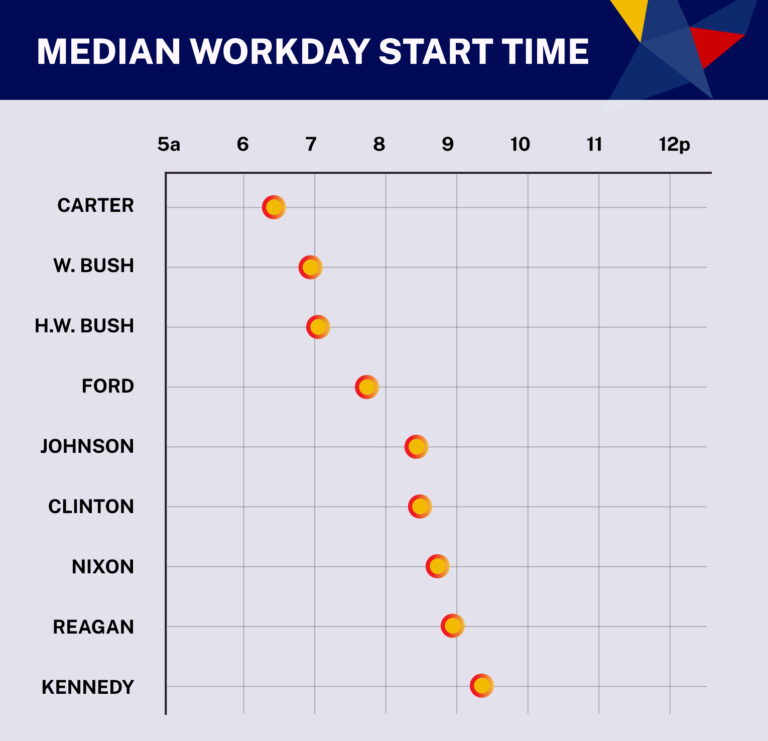
Looking at this chart also forces me to understand there is absolutely no correlation between how early one starts and a president’s popularity, whether they win a second term, what they achieve and leave behind, or perhaps most importantly, how history records their legacy.
So, what matters then?
It’s not the number of hours you clock in, but how you start your day.
Your Personal Agenda: Starting the Day Right
Whether you are biologically wired as an early bird or a night owl, the moment you open your eyes, it is your most precious hour because it is when the world has not yet robbed your attention and you are at your best. But you might feel the need, in the Reagan era, to turn on the network TV to watch morning news, or in the Trump era, to reach for your mobile phone to scroll through social media.
Why? Because biologically, cortisol and adrenaline are pumping up as a way to wake up chemically. It’s natural that you feel anxious, and so you want to know what’s going on in the world.
Don’t do that.
The rule is: the minute you wake up, get up. Drink that glass of water. Shake off the morning jitters by moving your body. Even if you’re pressed for time, it can be as short as a five-minute walk from the house and back, or a 10-minute run followed by a 10-minute cooldown. That’s enough to burn off the anxious energy that naturally bubbles up at dawn.
Think of your morning as the first domino that tips the rest of your day into motion. If that domino falls into place (that is, if you guard your attention, move your body, and map out what matters to you), the rest of the day flows with far more control and clarity. But if you hit the snooze button on your life—even just once—and then scroll anxiously through social media, you’re letting “urgent” overshadow what’s truly important.
Now, before you tend to your email inbox, sit down with a piece of paper and note what you want to achieve that day.
Ask yourself: “If nothing else happens, what is the one action—big or small—that moves my personal agenda forward?” Write it down. Circle it. That’s your stake in the ground. This is your agenda, your personal mission for the day.
And it doesn’t need to be glamorous.
If you’re working on a side hustle, maybe your key action is drafting a single paragraph for a website page. If you need to tackle admin stuff like paying bills or combing through a legal document, put that up top before your brain is frayed by a day of busywork. If it’s a creative pursuit—writing a chapter, painting a rough sketch, brainstorming that startup idea—do it in the morning, while your mental palette is fresh.
Remember, even U.S. presidents—these so-called “superhumanly productive” figures—start their day in wildly different ways and at different times. There’s no correlation between waking at 6:30 or 9 o’clock and leaving a meaningful legacy.
The correlation comes from clarity. They know what they stand for and what they won’t neglect, even as crises swirl around them.
Likewise, for us, it’s not about proving we can muscle through another all-nighter or show up online before dawn to answer emails. Because we can never complete everything in life. You must let something slip. The question is, what will you not let go of?
It’s not about stamina; the world won’t recognize it. It’s not about how many hours you clock in; people won’t care. The people you love will only talk about what you did that mattered, the agenda you refused to abandon, the private promise you decided was non-negotiable.
Jimmy Carter’s presidency had its critics, but his post-White House work through the Carter Center, a non-profit, speaks volumes. From eradicating diseases to promoting peace, even George H. W. Bush turned to its expertise for conflict resolution. His 2002 Nobel Peace Prize showed the world what lasting legacy means.
So skip the frantic news checks and reflexive social media scrolling. Get your blood moving, give your mind a moment of calm, and identify the single most important thing you want to move forward—no matter how tiny the step may be. That’s the real morning power move.
Tomorrow morning, what will you choose to prioritize? It’s all yours the moment you open your eyes.

